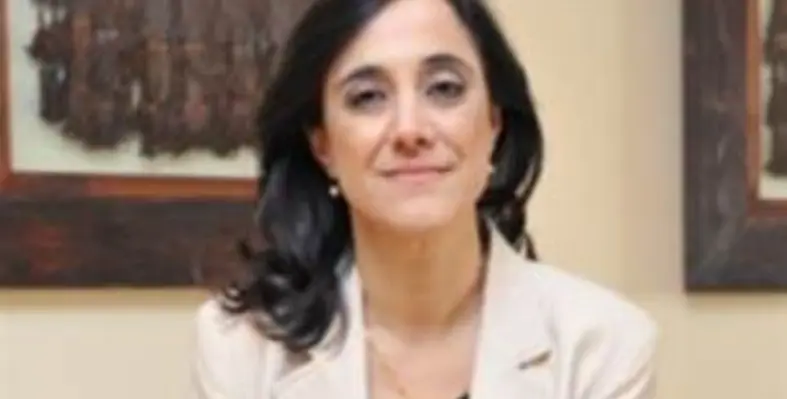International Housing Solutions and Helios Investment Partners were represented at Private Equity in Africa 2014 and indicated the current management climate for private equity investment in the continent
International investors anticipate significant growth in the housing markets of Africa, led by equity investment in South Africa. Investors are also heavily committed to technologists' ventures and to the power generation initiatives in southern, central and western Africa. Two experienced players in African private equity (PE) met and spoke recently in London, UK, at Private Equity in Africa 2014, to highlight their work in managing risks and returns in relation to infrastructure development in select African environments.
Homes for funds
International Housing Solutions (IHS) has been fund manager of the South Africa Workforce Housing Fund since 2007 following the completion of an initial round of fundraising in 2006. Presently, IHS manages R1.97bn (US$178mn) in funds for investment in housing for those on low and moderate incomes. Over the life of the fund, up to 50,000 housing units will be expect to be built in South Africa. Up to this point, IHS has committed approximately R1bn (US$90.5) towards the construction of about 25,000 housing units, both for sale and for rent.
Soula Proxenos, managing partner at International Housing Solutions, is in the process of raising a second round of funding for investment in affordable housing (also known in South Africa as Reconstruction and Development Programme, or RDP, housing). The first round was predominantly focused on South Africa, but the contemporary business case for IHS now encompasses the entire sub-Saharan African region, too.
Proxenos founded the South Africa Workforce Housing Fund, which counts Overseas Private Investment Corporation (OPIC), Citi and the Development Bank of Southern Africa among its investment partners. She brings with a her a wealth of experience in investment in housing. Previously, she was managing director of Fannie Mae's international housing financial services division, where she was responsible for consulting services and training programmes, enabling and supporting the development of market-based housing finance systems in 35 countries.
According to Proxenos, the concept of RDP housing is spreading across the continent. And it is worth noting that funding of residential construction falls in line with growth in investment infrastructure vehicles in a broad range of sectors. One example of a key African investor, with interests in other forms of infrastructure development, is Helios Investment Partners.
Enterprise in energy and electronic communications
Helios Investment Partners (HIP) is focused on telecommunications, media and technology (TMT), and on power generation, in 35 African countries, and it was represented Souleymane Ba, a principal at the firm. His focus extends into infrastructure, with specific targeting of financial institutions and services – bridging international capital and knowledge to African-focused entrepreneurs and enterprises. Like Proxenos, Ba brings a wealth of experience to his work. Until 2012, when he joined HIP, he was based at American PE firms Warburg Pincus and the Carlyle Group.
HIP is notable, particularly, because it is one of the few pan-African private equity investment firms founded and led by Africans. And it is successful. The company manages more than US$2.7bn, drawn from two funding rounds, and is engaged in raising a third funding round in the near future. Its most recent Africa-centric endeavours include investment in the East African broadband cable operation of Wananchi in August 2014, and the heavily-oversubscribed corporate bond issue of Helios Towers Nigeria in July 2014.
Monitoring risk
Proxenos and Ba both acknowledge that the best models for monitoring investments utilise business plans requiring resultant enterprises to act as standalone entities.
The end-goal is a sustainable management framework, acted out by a standalone management team, operating independently of any investment entity well before investor exit.














